Aspirin/ Acetylsalicylic acid CAS NO 50-78-2
Name: Aspirin/ Acetylsalicylic acid
CAS No.: 50-78-2
Appearance: White needle-like or plate-like crystals or crystalline powder. Odorless, slightly sour.
Molecular formula: C9H8O4
Molecular Weight: 180.15
Melting point: 136-140℃
Boiling point: 321.4°C at 760 mmHg
Flash point: 131.1°C
Water solubility: 3.3 g/L (20℃)
Vapor Pressure: 0.000124mmHg at 25°C
Solubility: slightly soluble in water, soluble in ethanol, ether, chloroform, also soluble in strong alkaline solution, and decomposed at the same time.
Molecular structure:

Description:
This drug can be used clinically in the following situations.
(1) Analgesic and antipyretic: It can relieve mild or moderate pain, such as headache, toothache, neuralgia, muscle pain and menstrual pain. It is also used for colds, flu and other fever. This product can only relieve symptoms, but cannot treat the cause of pain and fever, so it is necessary to use other drugs for ginseng treatment at the same time.
(2) Anti-inflammatory and anti-rheumatic: Aspirin is the first choice for the treatment of rheumatic fever. After taking it, it can relieve fever, reduce inflammation, improve joint symptoms, and reduce ESR, but it cannot remove the basic pathological changes of rheumatism, nor can it prevent heart damage and other diseases. Comorbidities. If there is obvious myocarditis, it is generally advocated to use adrenal cortex hormones first. After the rheumatic symptoms are controlled and before the hormones are discontinued, this product should be added to reduce the rebound phenomenon caused by the discontinuation of the hormones.
(3) Arthritis: In addition to rheumatoid arthritis, this product is also used to treat rheumatoid arthritis, which can improve symptoms and create conditions for further treatment. In addition, this product is used for musculoskeletal pain in osteoarthritis, ankylosing spondylitis, juvenile arthritis and other non-rheumatic inflammatory diseases, and can also relieve symptoms.
(4) Antithrombotic: This product has inhibitory effect on platelet aggregation and prevents thrombosis. It can be clinically used to prevent temporary cerebral ischemic attack, myocardial infarction, atrial fibrillation, artificial heart valve, arteriovenous fistula or other postoperative thrombosis. . It can also be used to treat unstable angina.
(5) Mucocutaneous lymph node syndrome (Kawasaki disease): Aspirin is used in children with Kawasaki disease to reduce inflammation and prevent the formation of intravascular thrombosis.
 call us :
call us :  send a message :
send a message : 









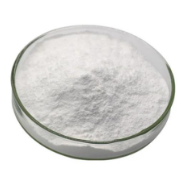
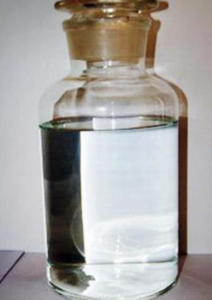
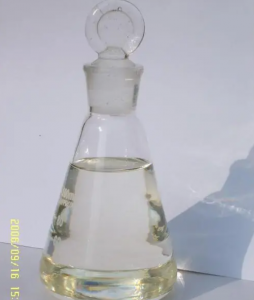
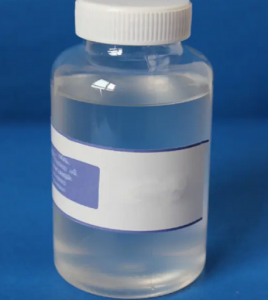
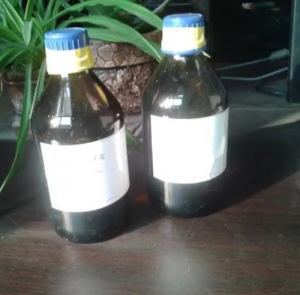
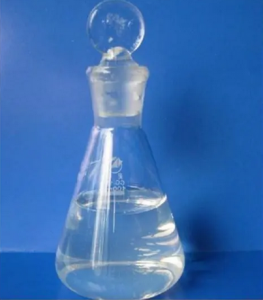

















 online service
online service +8613866722531
+8613866722531

 +8613866722531
+8613866722531